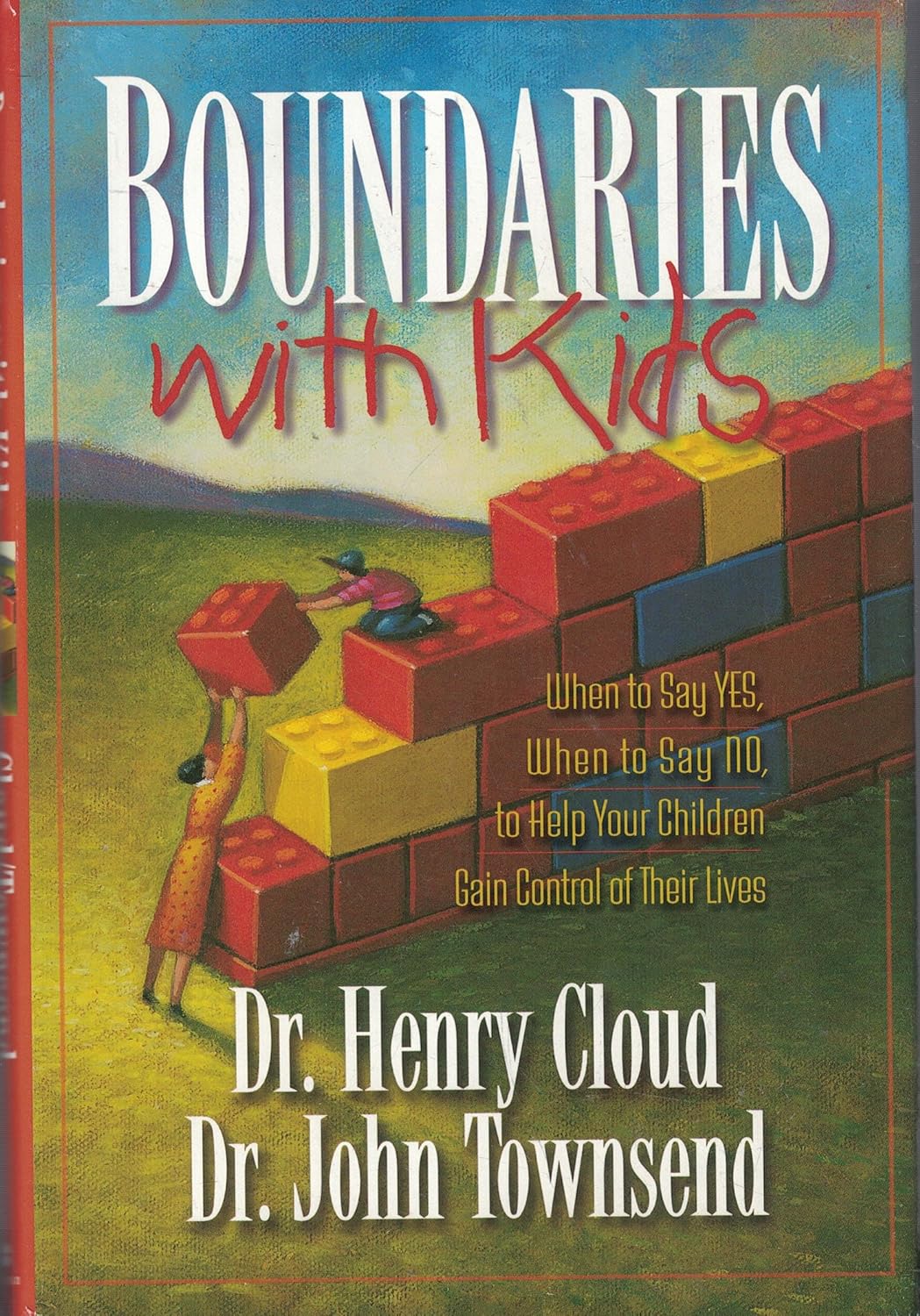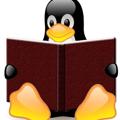Ji FU reviewed Boundaries with Kids by Henry Cloud
It may be too soon to know if this book is good or not.
3 stars
I think this is one of those books that is going to take me a while to see if I actually liked it or not, depending on how well I remember its lessons, and how useful it is to implement them. It took me two months to get through a 223-page book, not a good sign in and of itself.
There feels like a lot good here, emphasizing not punishment, but boundaries with consequences. We don't need to yell at our kids, we don't need to make them feel bad. Kids are responsible for their own fun. Kids are NOT responsible for their parents' feelings, etc. Parents are responsible for setting boundaries and sticking to them. It is better not to have a boundary at all than to have a wishy-washy one that sometimes has consequences and sometimes doesn't.
At times I felt it was a bit too harsh. For …
I think this is one of those books that is going to take me a while to see if I actually liked it or not, depending on how well I remember its lessons, and how useful it is to implement them. It took me two months to get through a 223-page book, not a good sign in and of itself.
There feels like a lot good here, emphasizing not punishment, but boundaries with consequences. We don't need to yell at our kids, we don't need to make them feel bad. Kids are responsible for their own fun. Kids are NOT responsible for their parents' feelings, etc. Parents are responsible for setting boundaries and sticking to them. It is better not to have a boundary at all than to have a wishy-washy one that sometimes has consequences and sometimes doesn't.
At times I felt it was a bit too harsh. For example, I think assumptions that entitlement is always bad sets one up for a life to be made a doormat. Claims that someone feels they have earned what their boss has, or being "envious of the upper class" is someone being a classist themselves. Why do they only call it class warfare when we fight back? I also didn't like their referral too frequently to "real life" as if the life of young people is somehow fake. They also seem to make some harsh assumptions that childhood always ends the day they turn 18. While many lessons are universal there was no reference to homeschooling and seemed to assume your kids go to public school.

